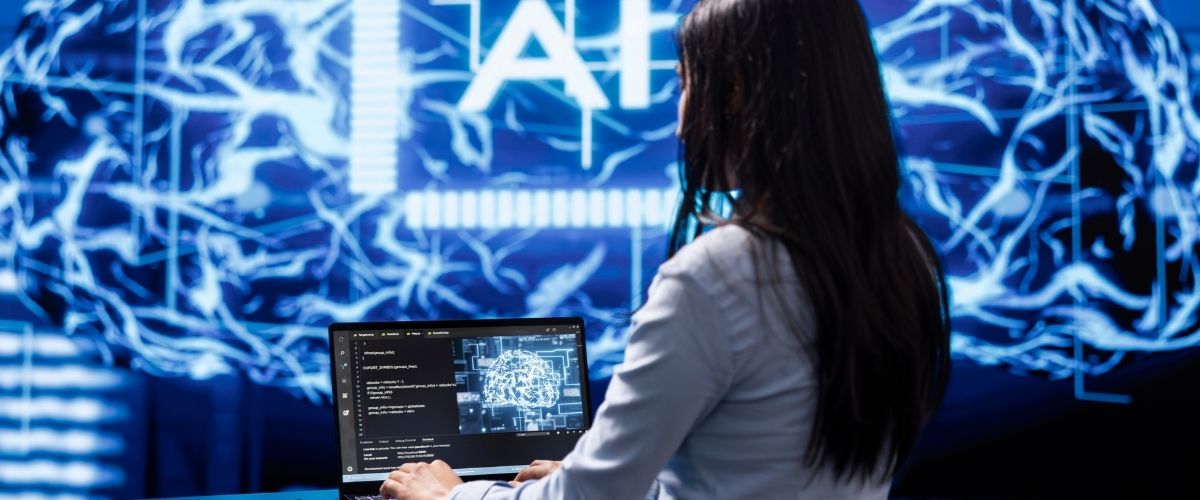Revolution in artificial intelligence-assisted lung cancer diagnosis
The study, led by Assoc. Prof. Dr. Handan Tanyıldızı Kökkülünk from Altınbaş University and supported by TÜBİTAK (Project No: 123S718), enabled the diagnosis of lung cancer with 97% accuracy.
By analyzing a multimodal dataset including Positron Emission Tomography/Computed Tomography (PET/CT) imaging data, sarcopenia (muscle wasting) markers and inflammation biomarkers from blood with artificial intelligence algorithms, the research team achieved a breakthrough in the diagnostic process by identifying benign, malignant and non-cancerous cases with 97% accuracy.
This success once again demonstrated how powerful a tool artificial intelligence is in lung cancer diagnosis. In the study, it was reported that the model created with the Random Forest algorithm showed an outstanding performance in disease classification with 97% accuracy and 99% AUC (area under the accuracy curve) in the test data. Thus, early detection of cancer and rapid access to treatment for patients was made possible.
The results of the study prove how effective next-generation AI-powered diagnostic systems can be in healthcare, taking into account not only imaging, but also patients' general health status and immune system indicators. The study revealed that not only classical indicators of patients' general health status, but also physical performance measures such as muscle area in the lumbar region and walking speed, as well as inflammation markers in the blood (such as CRP) and blood cell (such as WBC, NEU) ratios play a significant role in the diagnosis of lung cancer.
Furthermore, the study paves the way to increase diagnostic accuracy, reduce treatment costs and improve patients' quality of life by combining different data sources.


